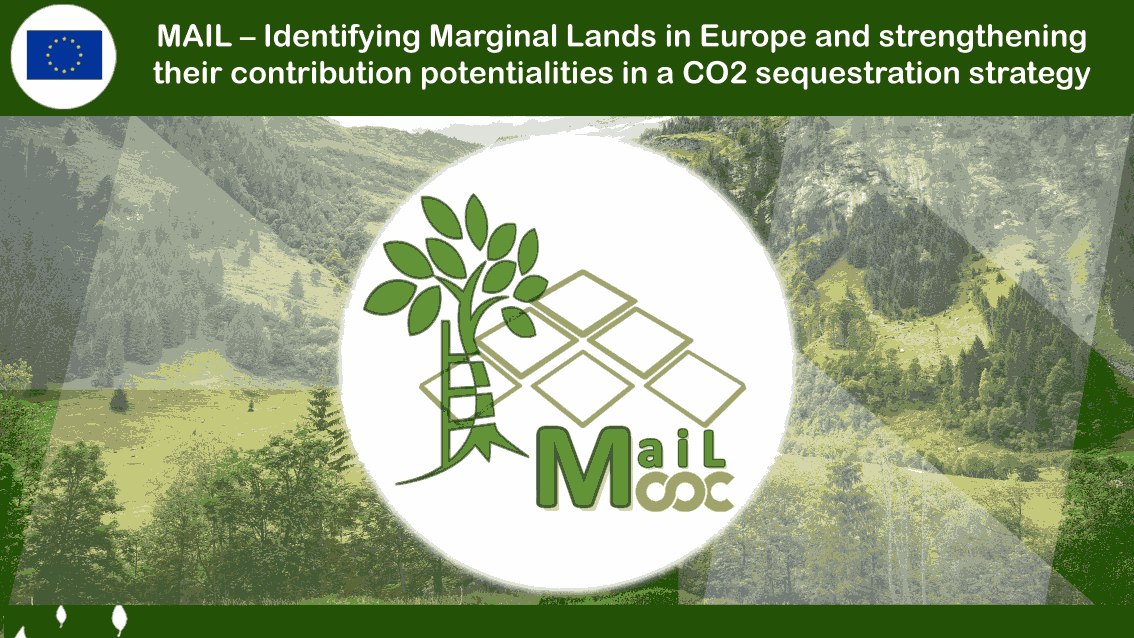
Charalampos Georgiadis
Charalampos Georgiadis is an Associate Professor at the School of Civil Engineering in the Aristotle University of Thessaloniki. 1997, Diploma Rural and Surveying Engineering (AUTH), 2000, M.sc. Protection, Preservation, and Restoration of Cultural Monuments (AUTH), 2005 PhD Department of Spatial Information Science and Engineering (University of Maine, USA).
His research interests include among others Photogrammetry, Remote Sensing, Cartography, GIS, UAV, Mobile Mapping Systems, 3D modelling, laser scanners, Image processing and analysis, Spatial data analysis. Scientific Responsible or member of research groups in 47 Research projects Funded by National, European or USA Organizations. He has 59 publications in journals and scientific conferences and he is scientific reviewer in 12 Journals.
